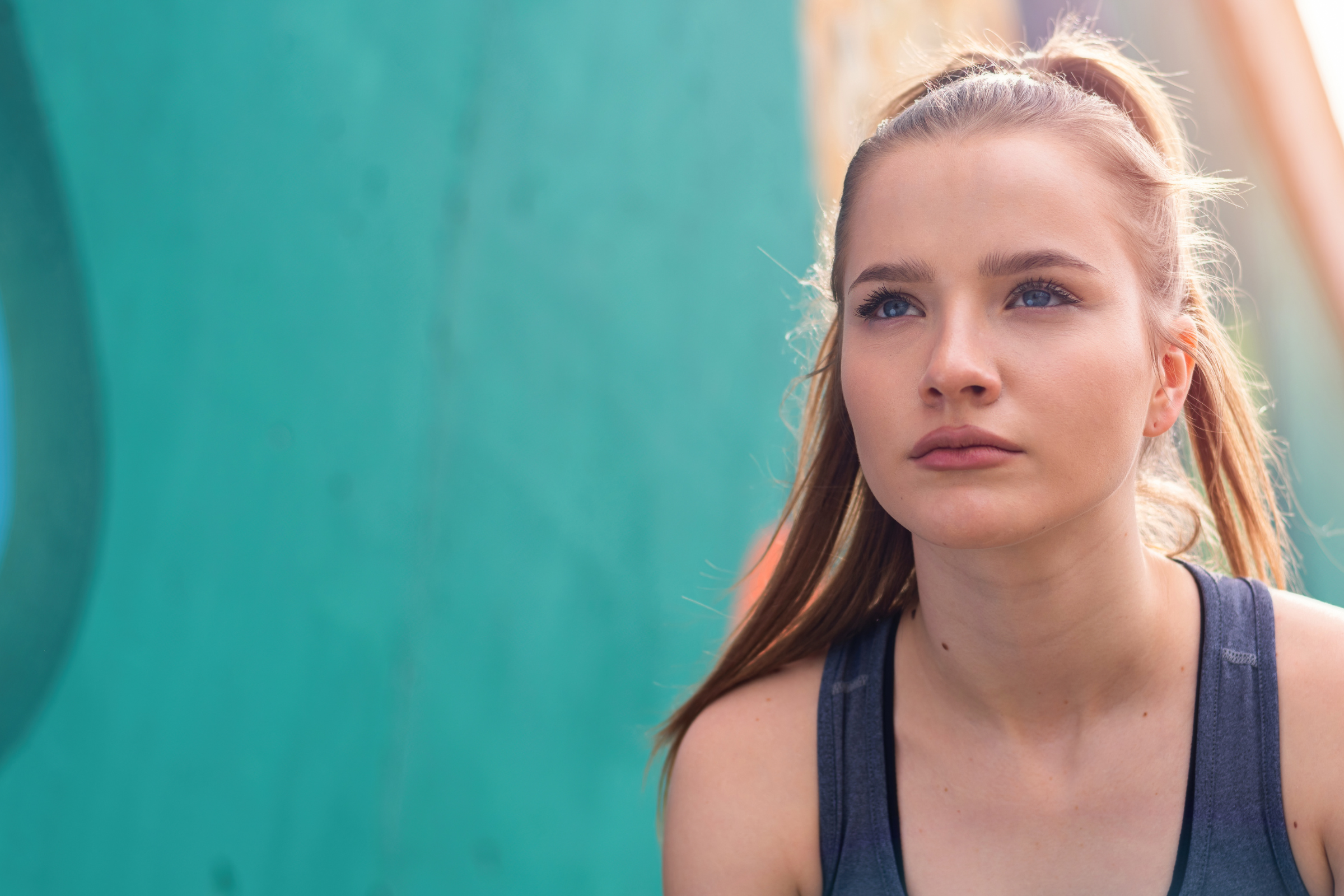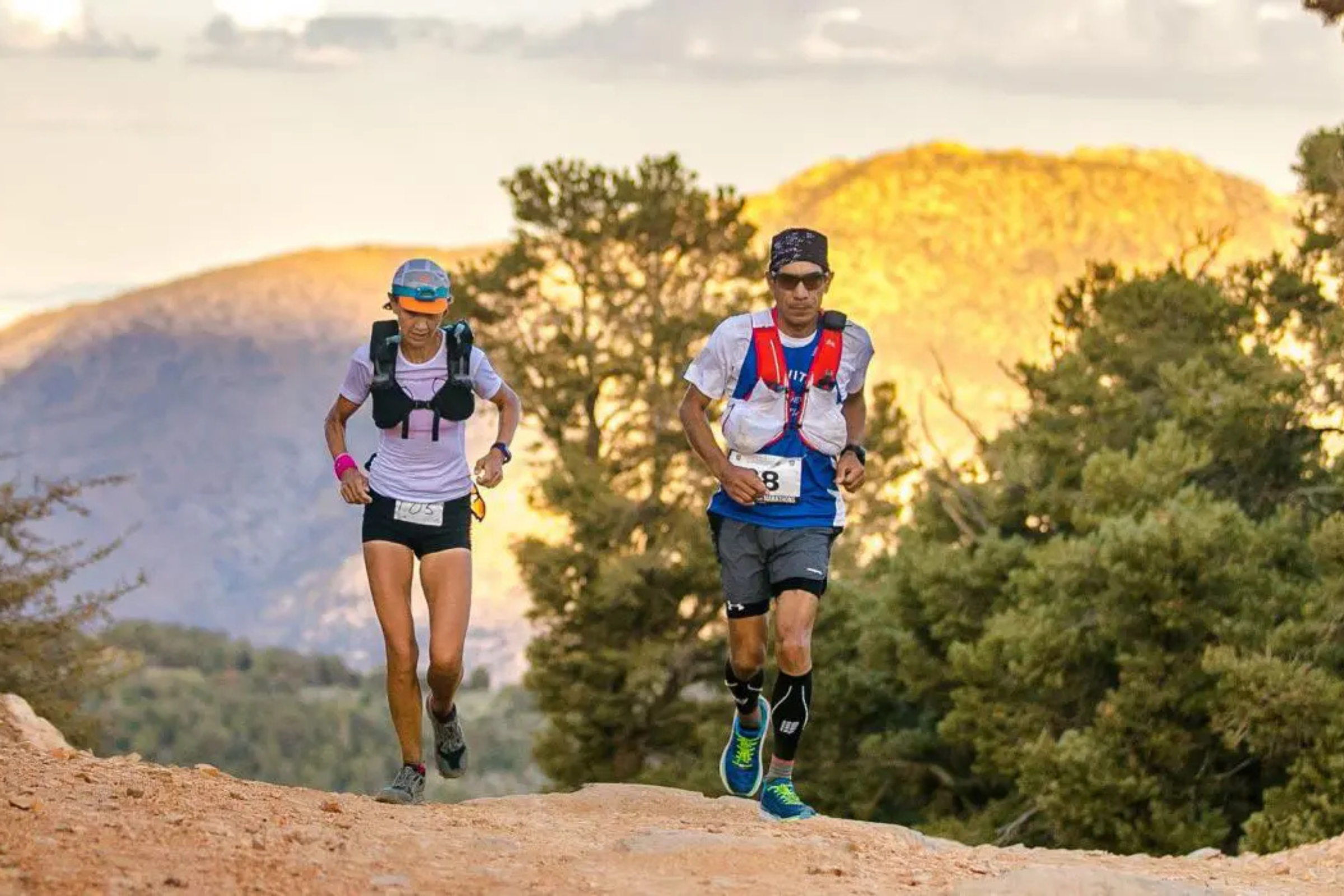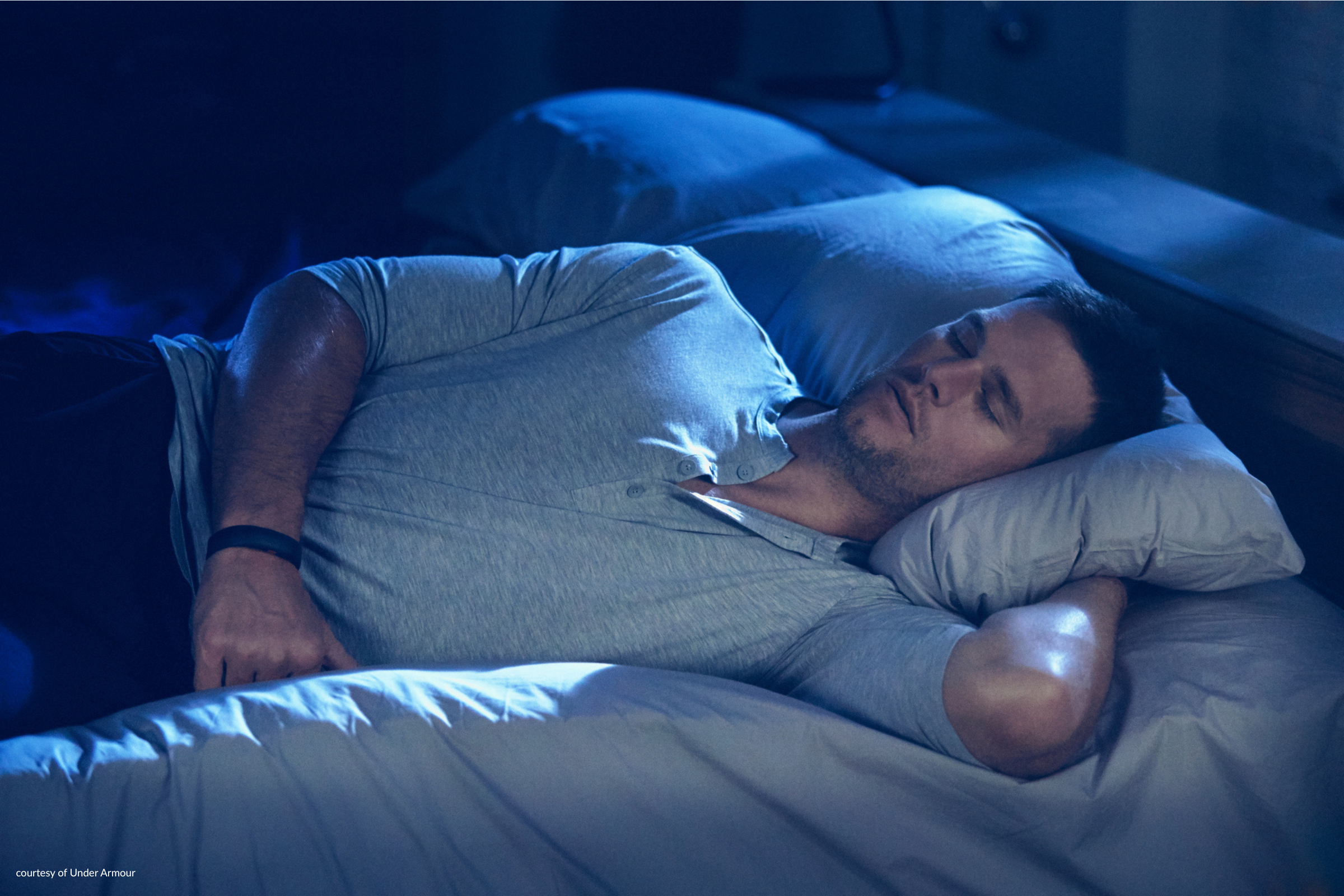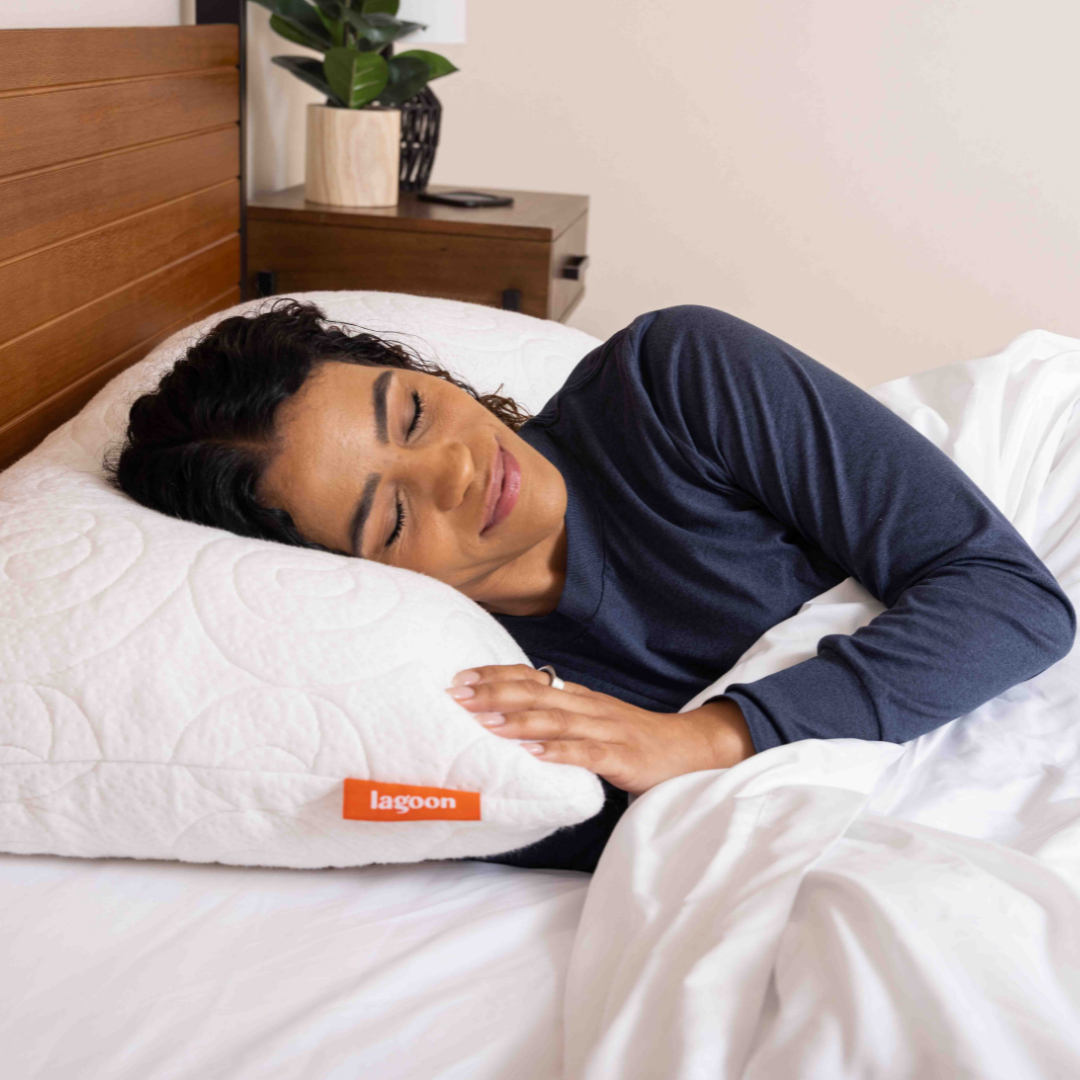👋 Hey there pack members!
Melatonin caused quite a stir at the French Open this week, while researchers made a huge breakthrough in deep sleep memory consolidation. Keep reading below for the biggest highlights in sleep and fitness this week.
📲 Americans Spend 3.5 Hrs per Night on Social Media
Eye-popping new statistics from Sleep Foundation show that U.S. adults spend an average of 3.5 hours on social media before bed each night. Facebook has some of the most alarming stats - being identified as the platform most likely to cause anxiety, and 55% of US adults checking Facebook first thing after waking up. In total, 75% of Americans use social media to some extent before bed. Maybe not surprisingly, the greatest number of minutes on average are spent on YouTube… I’m hopeful that this is because people are utilizing some of the great content on there that’s geared towards helping people fall asleep easier (i.e. white or pink noise playlists, sleep stories, etc.).
🎾 World No. 5 Tennis Star’s Challenging Experience with Melatonin
This week at the French Open, the 5th ranked tennis star in the world, Stefanos Tsitsipas, said he regrets taking sleeping pills (melatonin) after complaining about feeling sluggish in his quarterfinal defeat against Carlos Alcaraz. Roland-Garros has regularly featured night sessions which, despite generating a great atmosphere under the lights, means matches can finish past midnight and presents serious sleep challenges for the players. “Sleep is a very vital, important thing, and recovery is the most important thing when competing and playing big slams like this,” said Tsitsipas. Hopefully him speaking out will be a nice nudge for the organizers going forward to consider when they’re scheduling matches if they hope to see the players at their best.
🧠 Study finds brain stimulation during deep sleep can strengthen memory
New research led by scientists at UCLA Health and Tel Aviv University demonstrated that targeted brain stimulation during deep sleep appears to improve memory consolidation.
The researchers assessed and nurtured the overnight dialogue between the hippocampus – the brain’s memory hub – and the cerebral cortex, which is associated with higher brain functions like reasoning and planning. Specifically, they performed a memory test of individuals following a night with the electrical stimulation compared to a night of undisturbed sleep, and found that memory recall did in fact improve. “We found we basically enhanced this highway by which information flows to more permanent storage places in the brain,” said study co-author Itzhak Fried, MD, PhD. I’m very interested in tracking how this methodology can be used for patients with Alzheimers, epilepsy and ultimately the general public.
🎙️Hear from the Circadian Guru on the Sleep Is A Skill Pod
Last week on Mollie Eastman’s podcast, Seep Is A Skill, she had guest Dr. Satchin Panda, a leading expert in circadian rhythm research, and professor at the University of California, on the show. In this candid and informative conversation, Dr. Panda unveils the optimal circadian rhythm for a healthy lifestyle (spoiler alert: waking up earlier and getting out in the sunlight is a big factor). They also discuss some of the challenges to circadian health present in our society today that cause sleep disruption and sleep deprivation. If you’re interested in learning more from Dr. Panda, you can check out his two books The Circadian Code and The Circadian Diabetes Code.
That's it for this week's sleep news highlights! Stay tuned for more exciting updates on optimizing your sleep and health, and remember to follow @lagoonsleep on Instagram for your daily dose.







